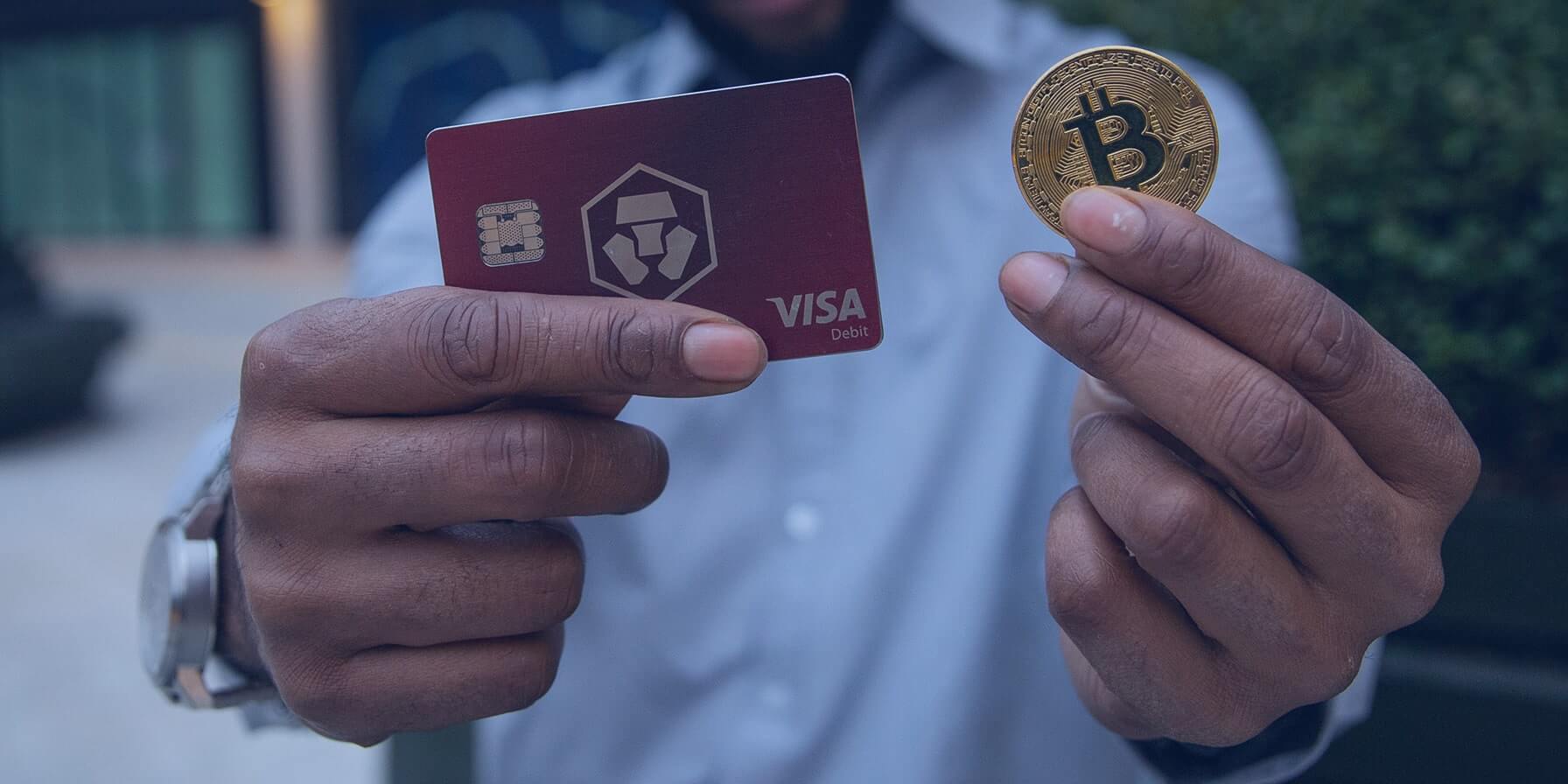
Payment mechanisms have seen significant changes in recent years. Sending money between digital bank accounts is now an ordinary activity that users dreamed of previously. Since the financial industry is now highly digitized, and with the introduction of blockchain, real-time, inexpensive, and safe, international transfers are possible with cryptocurrencies.
A Brief History of Advancing Payment Solutions
Because of its simplicity and lack of need for further identity verification, cash has long been a versatile and widely used payment option. However, it has obvious limitations, such as inadaptability and transfer restrictions.
Due to these difficulties, the first multipurpose charge card, introduced by Diners’ Club, Inc. in 1950, proved practical. It was the first widely accepted credit card, with use cases primarily in travel and entertainment.
Now, businesses and consumers embrace cryptocurrency payments to overcome disadvantages such as chargebacks and expensive transaction fees in the existing global financial system. Customers and enterprises engage in cryptocurrency payments to leverage the underlying advantages of blockchain technology.
Convenience and Security for Transactions
As brick-and-mortar stores and eCommerce platforms provide crypto payment solutions, consumers receive the safety and comfort of executing transactions using cryptocurrencies. But what do consumers gain from cryptocurrency payment compared to other forms?
Streamlined Cross-Border Payments
Cryptocurrency assets are borderless; no single nation or organization owns or issues cryptocurrencies like Bitcoin. Since Bitcoin is decentralized, it is also international. With a reduced transaction fee, cryptocurrency payments instantaneously transcend international borders. A laptop or cell phone with an internet connection is enough for traders to process an international payment. Thus, cryptocurrencies enable global transactions without a bank requirement for users.
By-pass Financial Bottlenecks
According to a recent analysis from the World Bank, 1.7 billion individuals worldwide are expected to be without access to formal financial services, preventing them from managing their finances. There is an alternative to consider: cryptocurrency.
Cryptocurrencies act as a store of value and enable cross-border transactions through services like crypto payment gateways. Crypto holders reserve their value and conduct borderless payments anywhere in the world. Users who want to make cross-border payments don’t have to go through various banking processes, and they execute transactions with a global reach at the tap of a screen.

Broader Access to Goods and Services
The financial crisis in countries like Zimbabwe and Venezuela highlights the need for cryptocurrencies. When currencies fail or lose their value in hyperinflation, as seen in these jurisdictions, crypto provides a haven for consumers. Citizens keep on transacting, basing the value of their products or service on the respective cryptocurrencies they own.
People would avoid carrying huge trenches of cash for small transactions by executing them through crypto. The low transfer fees would also encourage financial inclusion, as anyone with an internet connection would trade any amount they desire.
A solution to countries in financial crises?
A blockchain possibility is establishing an open banking system, a model in which financial data are exchanged via open application programming interfaces, enabling developers to produce their cryptocurrency products.
These solutions could offer citizens a reprieve in times of turmoil. While the future of payment points to a convenient, secure digital currency, cryptocurrencies continue to solve present problems as they establish a foundation for the future. Amidst fiat shortages to financial exclusions, cryptocurrencies facilitate real-time global payments.
The excluded can become included and the innovators and trailblazers can offer innovative crypto payment solutions in a thriving industry, one which will continue to soar in popularity among the current and newer generations.
Don’t be left behind!


